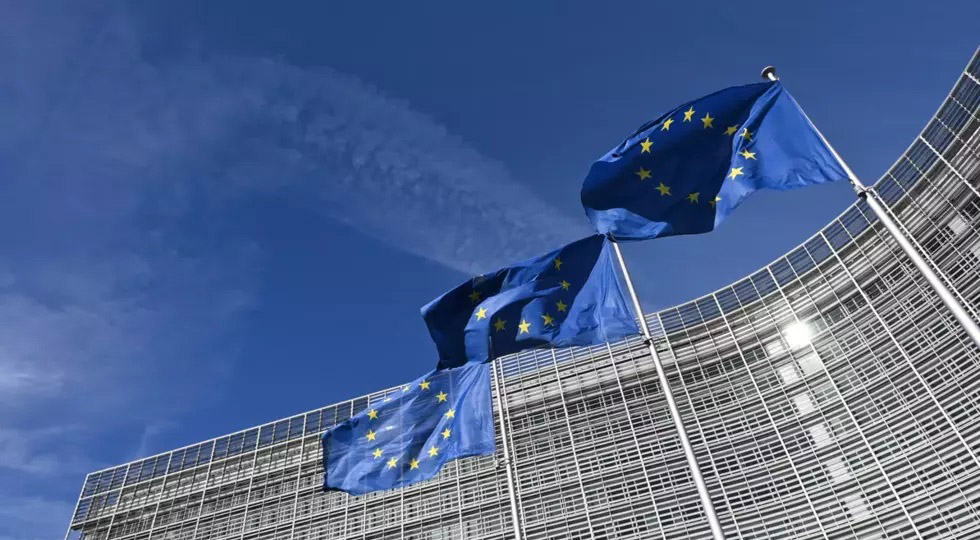
Search...
On November 21, the European Parliament voted in a new round to pass the Net Zero Industry Act (hereinafter referred to as NZIA), which is committed to transferring onshore manufacturing of renewable energy technologies such as solar photovoltaics, battery storage and wind energy to the EU .

The bill was passed with 376 votes in favor, 139 votes against, and 116 abstentions. Rather, it is an amendment, in this case MEPs expanding the scope of the draft legislation to publish a Net Zero Industry Bill technology list that covers the entire supply chain, including components, materials and components used to produce net zero technologies. mechanical.
The text passed by the European Parliament covers 17 technologies, including: renewable energy (wind energy and solar energy), nuclear energy (fission, fusion, fuel cycle), energy storage, hydrogen energy, electric vehicle charging, heat pumps, energy efficiency, thermal energy Distribution and power grids, thermonuclear fusion, electrification and efficient industrial processes for energy and carbon-intensive industries, biomaterial production and recycling, etc.
This decision of the Parliament was not only approved by representatives of the European solar industry, but also caused some concerns among them. The bill will now be clarified through negotiations with the European Council.
The EU says NZIA aims to enable Europe to meet 40% of its clean energy development needs with products manufactured in-house. Parliament voted yesterday on final amendments to the bill, extending the scope to "the entire supply chain including components, materials and machinery for the production of net-zero technologies".
"Given the complex and transnational nature of net zero technologies, uncoordinated national-level measures to ensure access to these technologies are highly likely to distort competition and fragment the single market," Parliament said in the proposal. Therefore, in order to safeguard the single market It is necessary to establish a common EU legal framework to jointly address this core challenge by improving the EU's resilience and security of supply in the field of net zero technologies."
Pre-qualification criteria: increased EU local content
NZIA recommends the use of non-price criteria and pre-qualification criteria in public tenders for renewable energy. At this stage, prequalification criteria include legislation to introduce local content requirements for projects and technologies under public procurement.
Exactly how this will be implemented remains to be clarified. However, Dries Acke, policy director at trade association SolarPower Europe, said local content rules mean some technologies produced outside Europe are not even allowed to participate in public tenders. This is a risk signal for the solar industry and those committed to the EU's energy security and climate goals.
In contrast, the European Solar Manufacturing Council (ESMC), established last year to represent EU manufacturing interests, applauded this particular development. "The European Solar Manufacturers Council congratulates the inclusion of pre-qualification criteria in public procurement and tenders to ensure that no more than 50% of the net-zero technology components in tenders originate from third countries..." it said in a statement after the vote. .This actually means that after the implementation of NZIA, the import volume of photovoltaic products from China will decrease."
Most countries in the EU have almost unanimously expressed their intention to reduce their dependence on China's photovoltaic supply. Last month, PV Tech Premium interviewed French photovoltaic manufacturing start-up Carbon. Carbon is building a completely local solar supply chain for its facilities in southern France.
Non-price criteria for photovoltaic procurement
Non-price criteria in NZIA, including product sustainability and ability to withstand global supply insecurity, will be assessed for compliance with government procurement requirements.
Acke said in a statement: "The use of non-price criteria is a good idea to reward more sustainable and localized technologies. However, we have always been clear about the fundamentals of public tenders and procurement like this. The transition should be gradual and tailored to the specific supply chain starting point for solar PV. This is also the recommendation made by the European Solar Industry Alliance.”
"It would be a mistake to apply these criteria across the board to all tenders and all technologies from day one. Six months after the passage of the bill, on how and when these non-price criteria should be applied, Parliament proposes that We are pleased that the European Commission is providing technology-specific guidance."
Earlier this month, the European Solar Photovoltaic Alliance (ESIA), launched by the European Commission, made recommendations on non-price criteria for solar PV procurement.
"Given the urgency of providing stable market conditions for the remaining EU solar manufacturers, ESIA proposes to focus on EU content from the outset. ESIA also proposes to add other non-price criteria, such as environmental, sustainable , energy saving, innovation, social standards, etc."